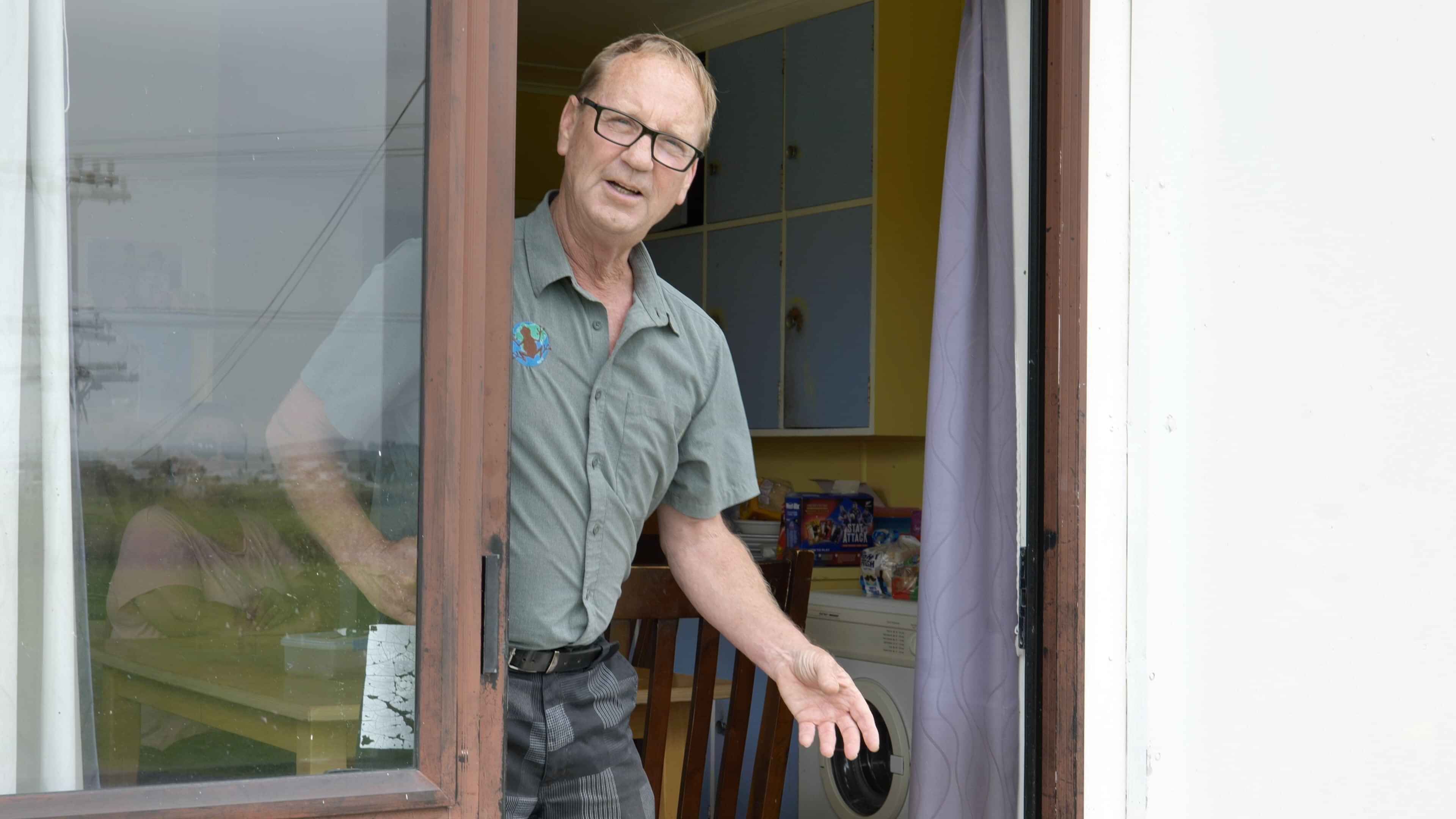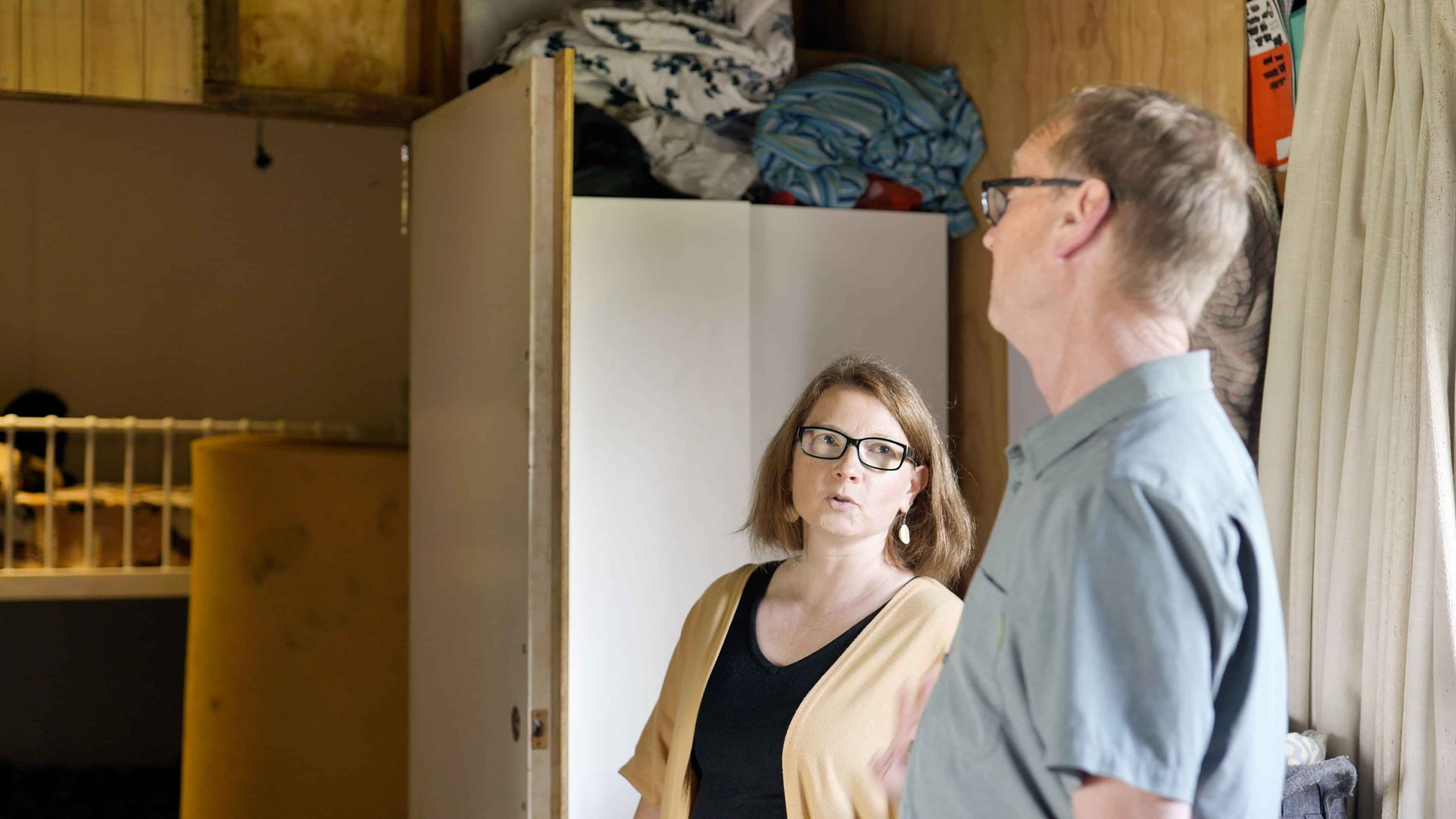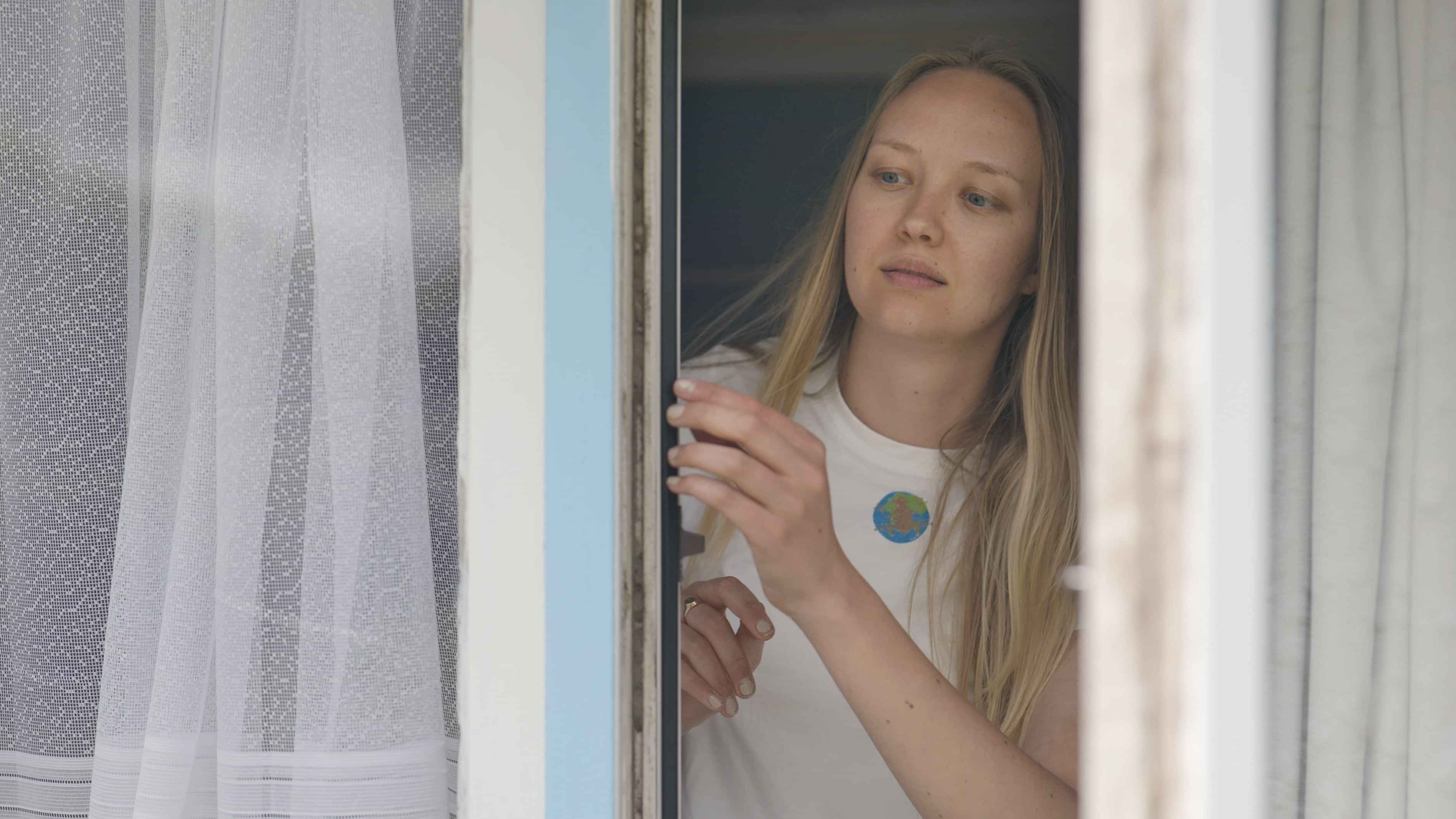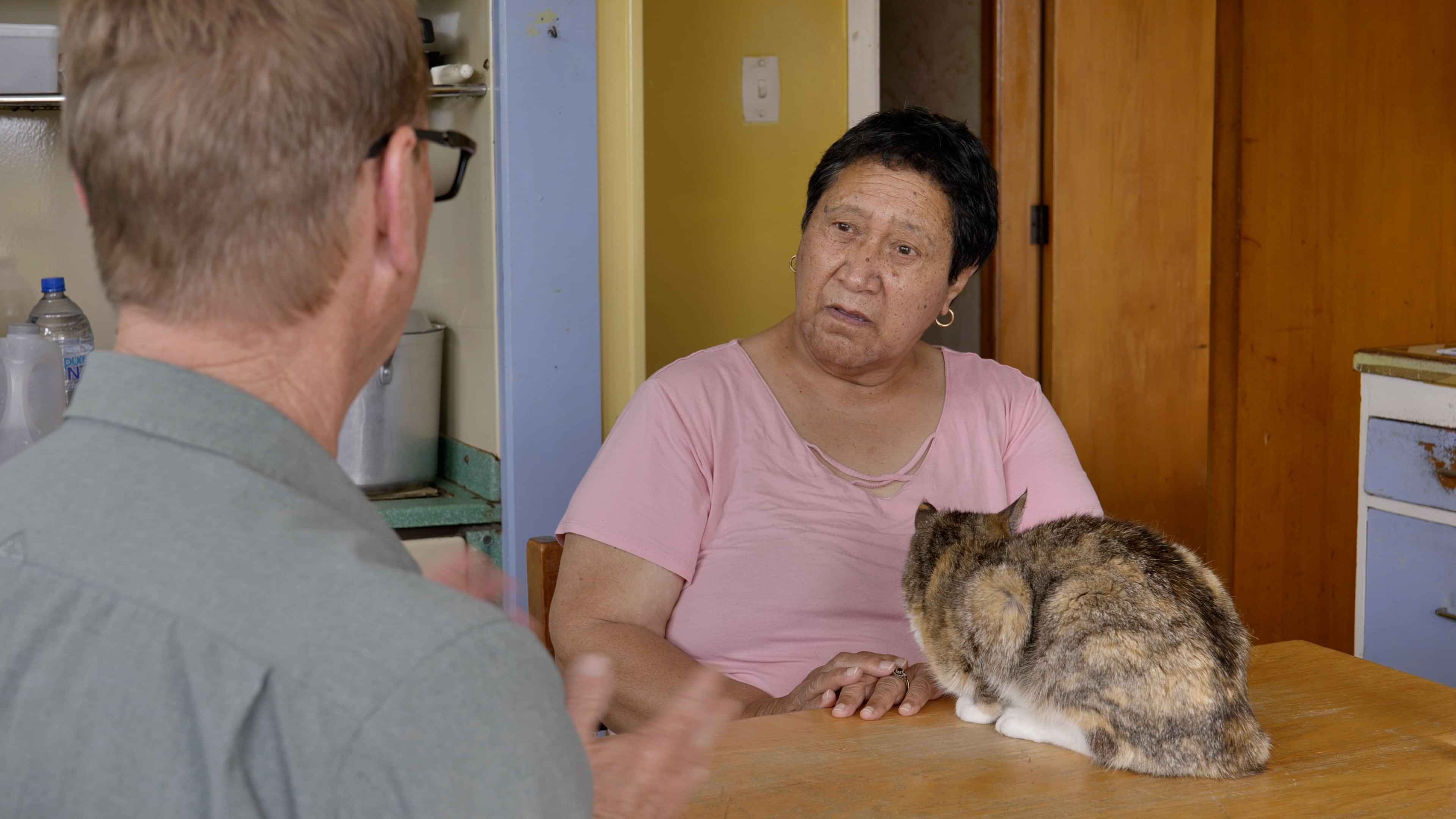Our Process

Step 1 - Home Assessment
Our process begins with receiving a referral. We then make contact with the home occupant to arrange a free home assessment. During the assessment, we have a kōrero/chat with family/whānau and identify any issues preventing the home from reaching 20°C.
The issues can be significant structural concerns such as rotting floors or dilapidated roofs; moderate concerns such as broken windows, draughts and leaks; a need for the right insulation or heating, or behaviours that need to be changed around moisture management, ventilation and heating.
Together with the whānau/family, we create a tailored plan to address the issues. This can include advice, advocacy, education, referrals, product installation, and/or repairs and maintenance support.
Step 2 - Collaborate and Connect
Next, we collaborate with other available housing programmes and connect home occupants with any services or subsidies available. For those in rental accommodation, we will help with advice and advocacy. Landlords are expected to cover the costs of any fixes.
Existing programmes we collaborate with include the Government’s Warmer Kiwi Homes Program, the Ministry of Health’s Healthy Homes Initiative, Ministry of Social Development grants, Te Puni Kōkiri Māori Housing Network, and Whānau Ora.


Step 3 - Fix Unresolved Issues
We then seek to fill the gaps of any issues left unresolved, typically the minor repairs and maintenance. We fix these at no or low cost to home occupants.
To make the fixes, we either send our own handyman team to the home, or if the situation is more complex, a contracted trade professional.
The challenge of improving a home to achieve 20°C is complex and often there are many unresolved issues, but we don't give up easily. We acknowledge that getting to 20°C is a journey where we need to work with the whānau/family over a period of time to address the issues one by one.
Working with the whānau/family to address the issues together is a key premise of the programme.
Step 4 - Education
A prerequisite of being supported by the 20 Degrees Initiative is participating in workshops and DIY sessions to build the knowledge and skills needed to keep homes healthy long-term.
Participants learn about secondary glazing, draught-proofing, lining curtains, as well as building the knowledge and skills needed to maintain and keep homes healthy after their homes have been repaired/improved. The workshops also reinforce healthy home behaviours such as moisture management, preventing heat loss, addressing mould, and heating your whare economically.
We also run these workshops in the community free of charge, learn more here.

The Outcome
Through this process of assessment, collaboration, action and education, it is our vision that our homes will not only be healthy, resulting in fewer hospital admissions and reduced costs to the health system, but also that we see a shift in housing culture; one where 20°C is the only acceptable minimum temperature within households.
Interested in a home assessment?
